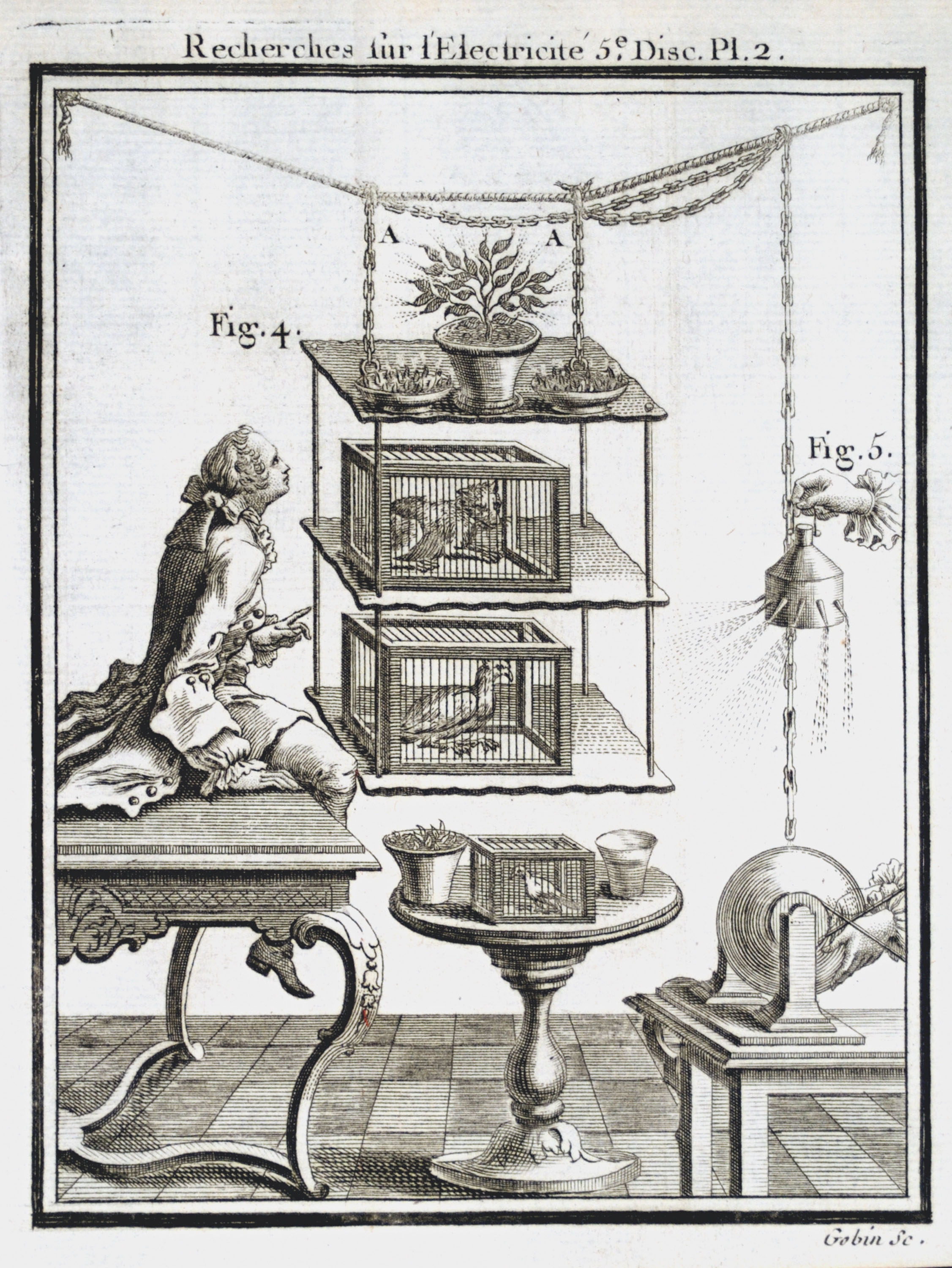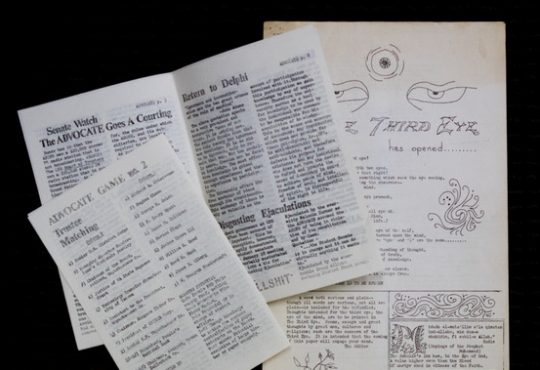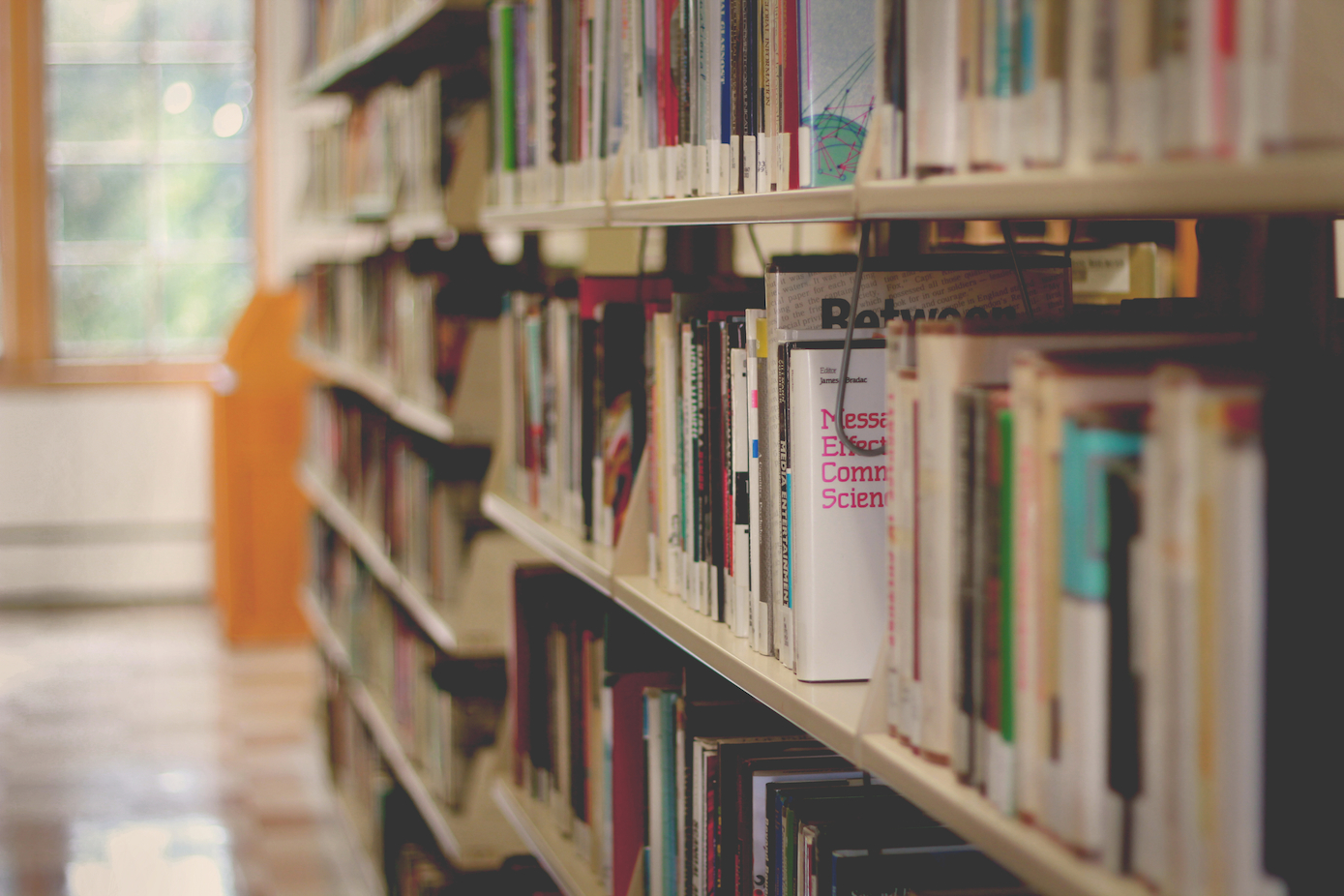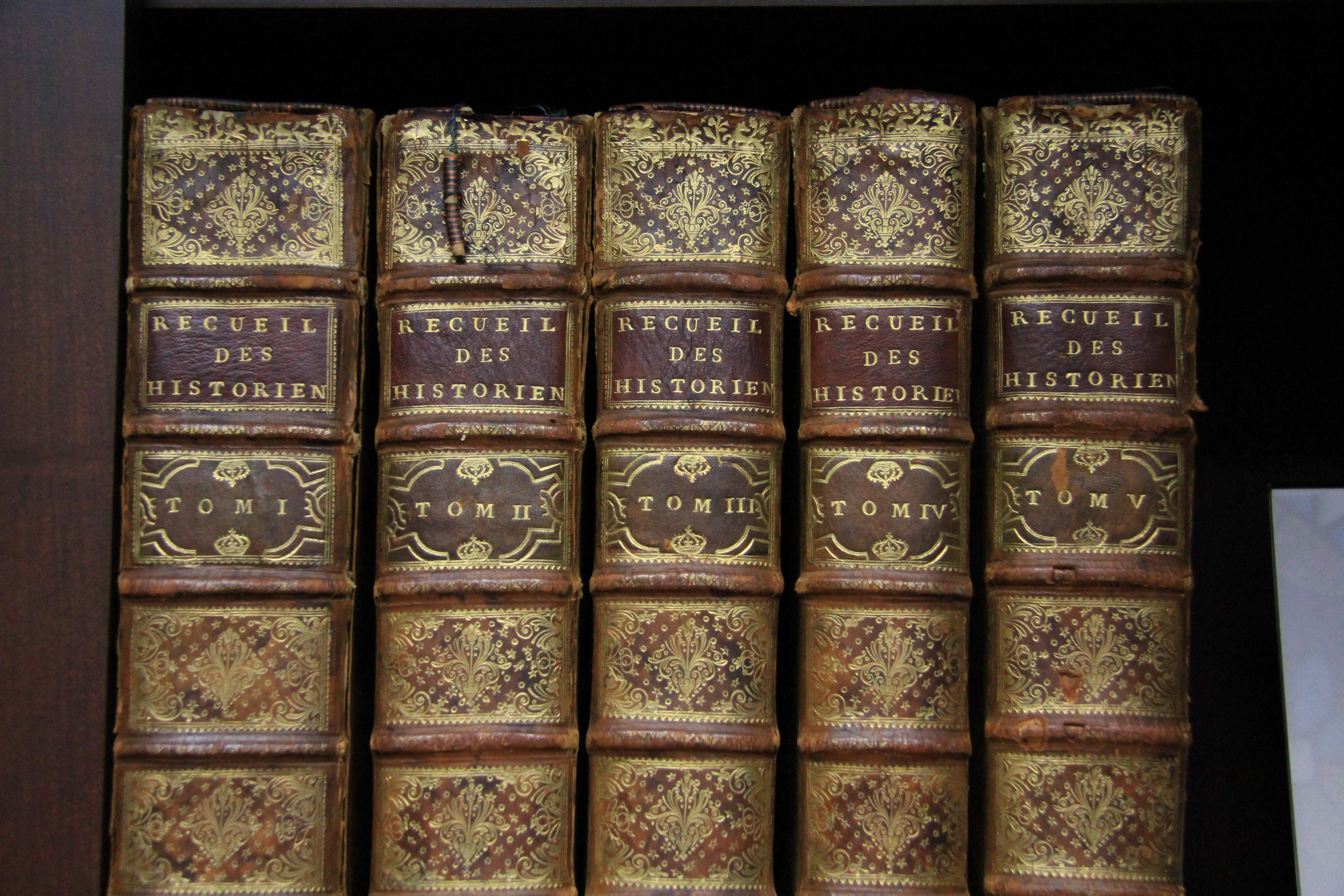
“Behind the Archive Doors” is a new event that Collins Memorial Library started in mid September and will continue throughout the year. The event showcases the library’s more unique manuscripts and documents, and features an informal talk about the items by a professor, student, or local scholar.
“We want to expose and make available our special materials… Of course you can view a medieval manuscript online, but it is quite a different experience to handle one and to examine the artistry, the content, and to experience the actual ‘real’ thing!” said Library Director Jane Carlin.
With classes requiring more and more that students pull references from primary sources, the archives at the library are a valuable and little known resource for students on campus. Not only this, but for students who are intellectually curious “Behind Archive Doors” offers an opportunity to engage in academic discussions with other people in the community and on campus.
“Highlighting our unique and special collections has long been a priority,” said Carlin.
The archives in the library offer a wide range of materials for students from all walks of life, as the most recent exhibit demonstrates. The archive was able to pull out its 18th century books on electricity, and Professor Amy Fisher discussed what it meant to be an electrician before it was fully understood what electricity was.
“We use electrical devices all the time, but rarely do we stop to think about their history, where electricity comes from, how and why it behaves the way it does, or about the process of invention and discovery,” said Fisher.
The manuscripts, written by Abbé Jean-Antoine Nollet, gave a rare glimpse at what the science of electricity was like for people living in the 18th century. Often times, electrical experiments were not just a means of reaching a conclusion to a hypothesis, but also a way to entertain the upper classes. It was not uncommon to have an electrician attend a party of some sort and electrify (quite literally) guests with friction machine.
The study of electricity was not limited to just scientist either. “People from all walks of life participated in its study,” Fisher said. “For example, there were political figures, such as Napoleon Bonaparte and Benjamin Franklin, and even a double agent or two like Edward Bancroft who studied electric eels in South America.”
After the talk, Fisher took questions from the audience, which allowed teachers and students from other areas of interest to express their views. These questions broadened the topic and the understanding of the implications it held.
The next “Behind Archive Doors” will be on Oct. 15 and will feature Beau Beausoleil, curator of the current exhibit in the Library called Al-Mutanabbi Street Starts. This exhibit will include discussion about the impact that books can make on social justice issues. For anyone interested in joining Beausoleil, the talk will take place on the second floor of the library, down the hall way to the left and past the archive rooms. Keep an eye out for the “Behind the Archive Doors” posters up around campus for more information about future exhibits.




